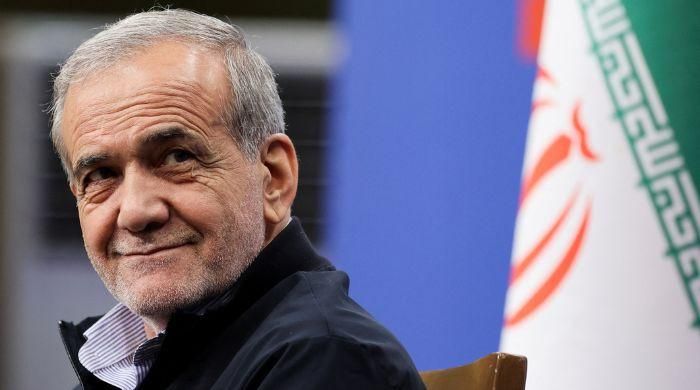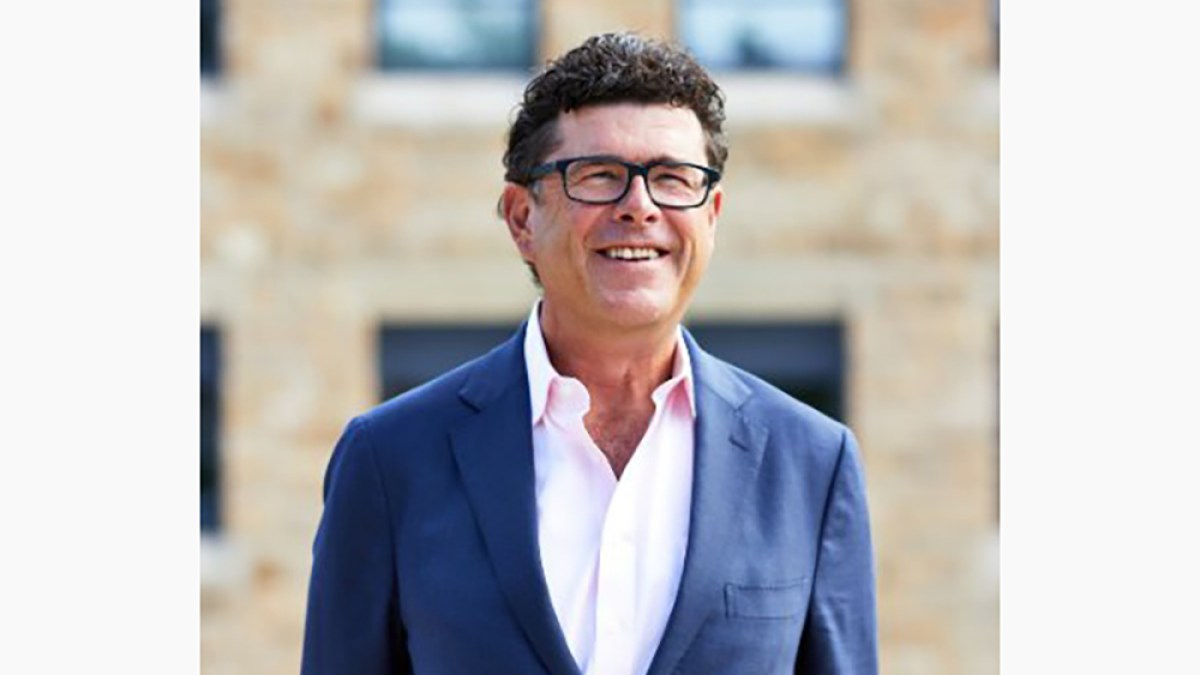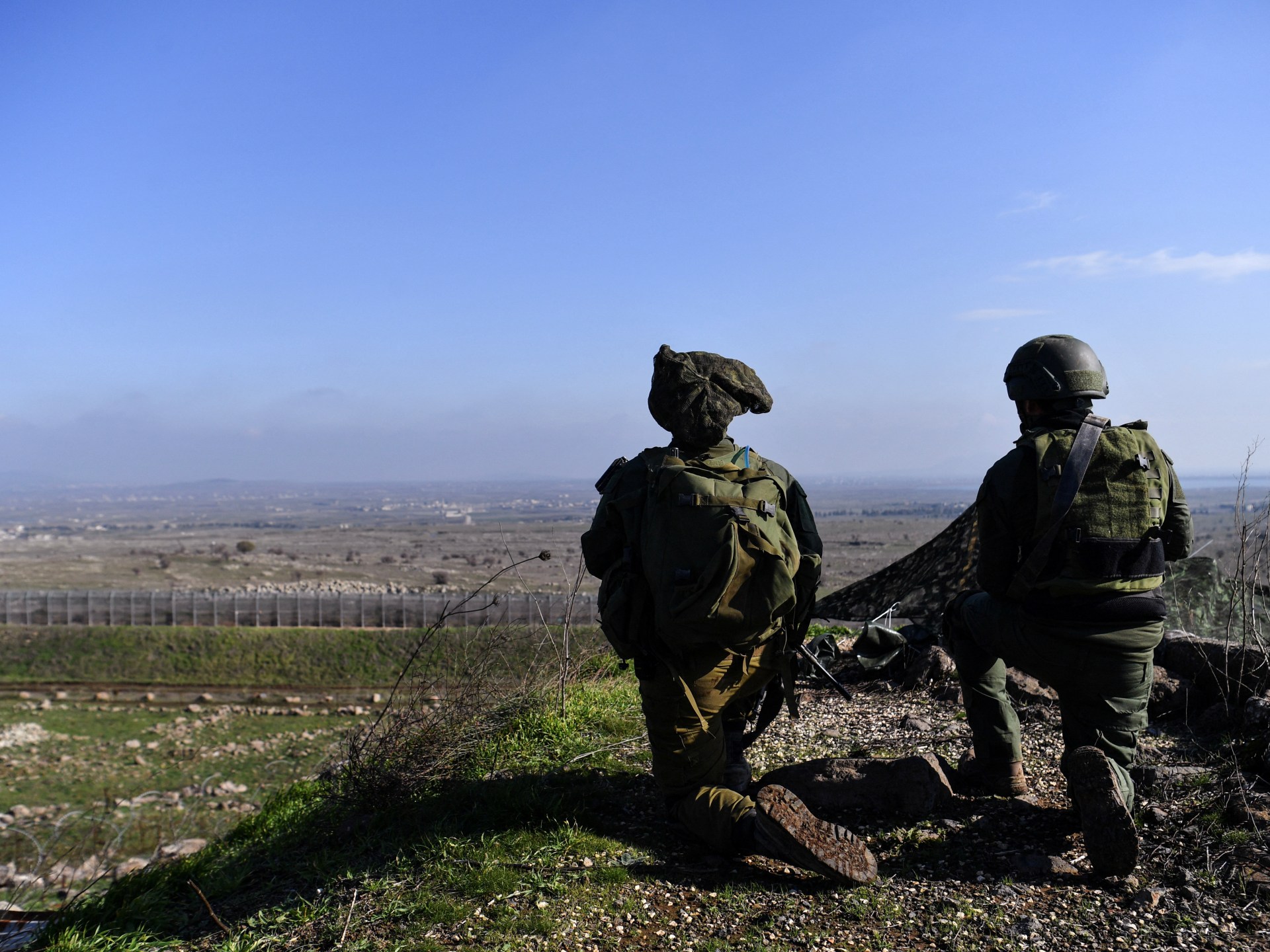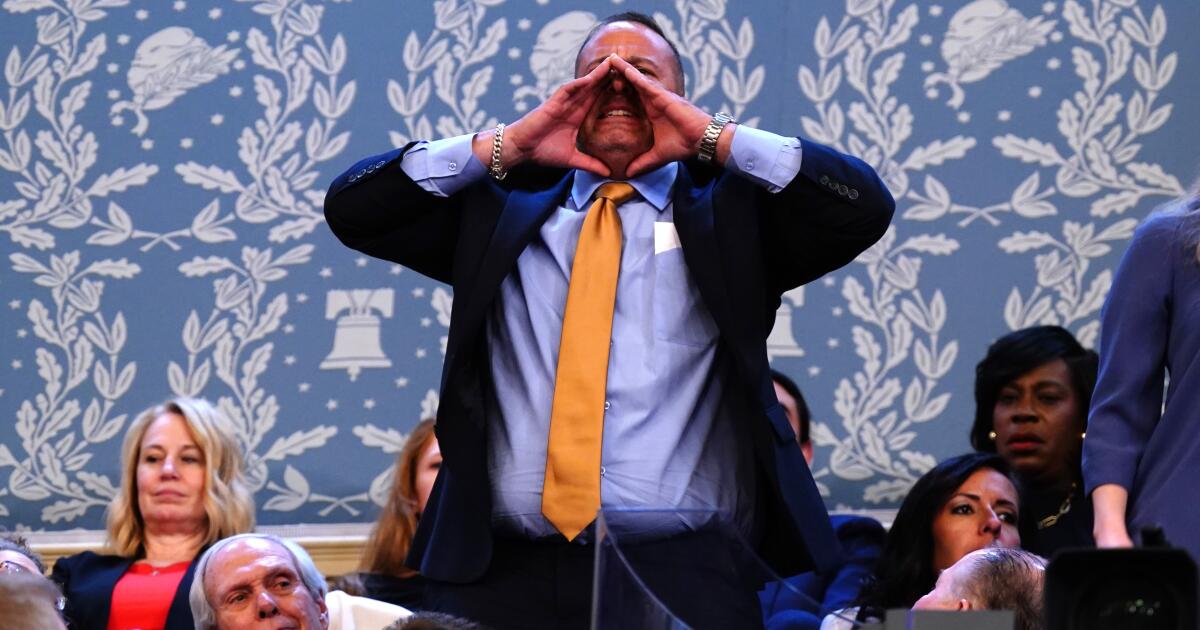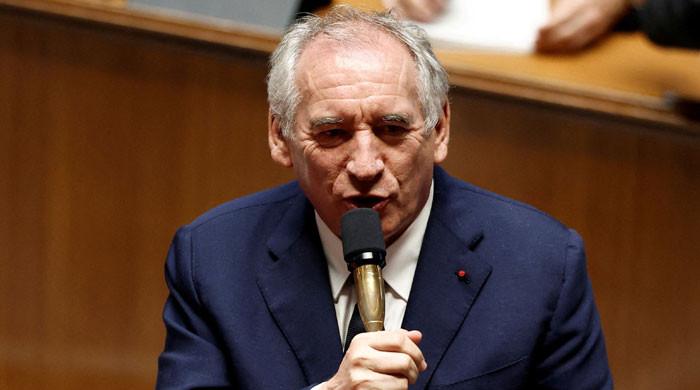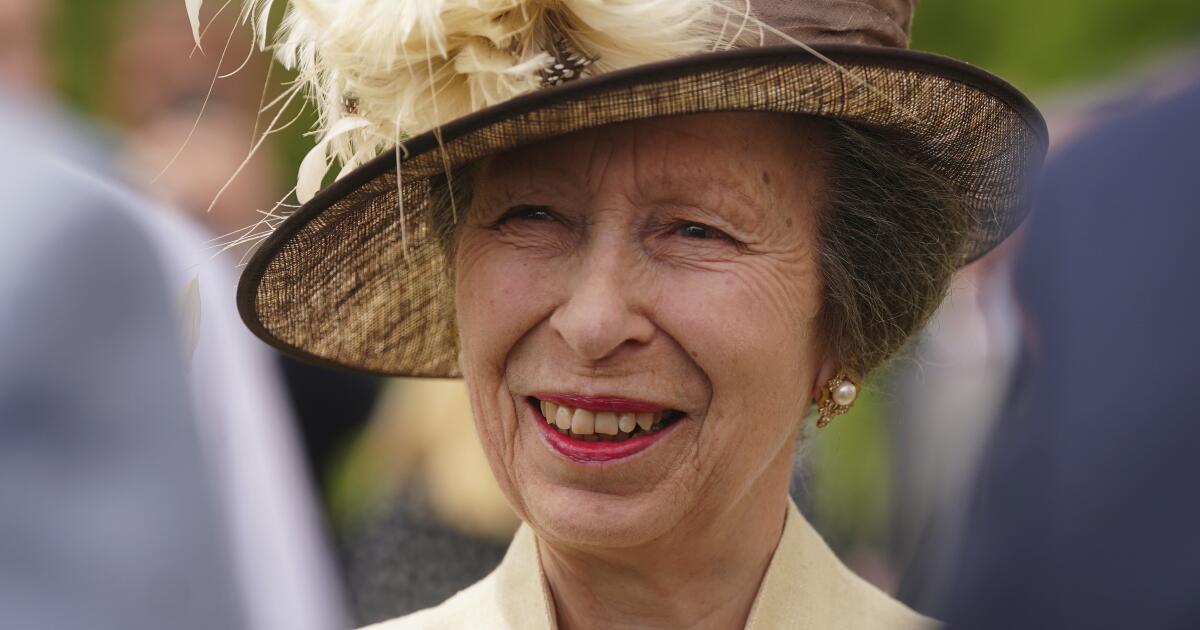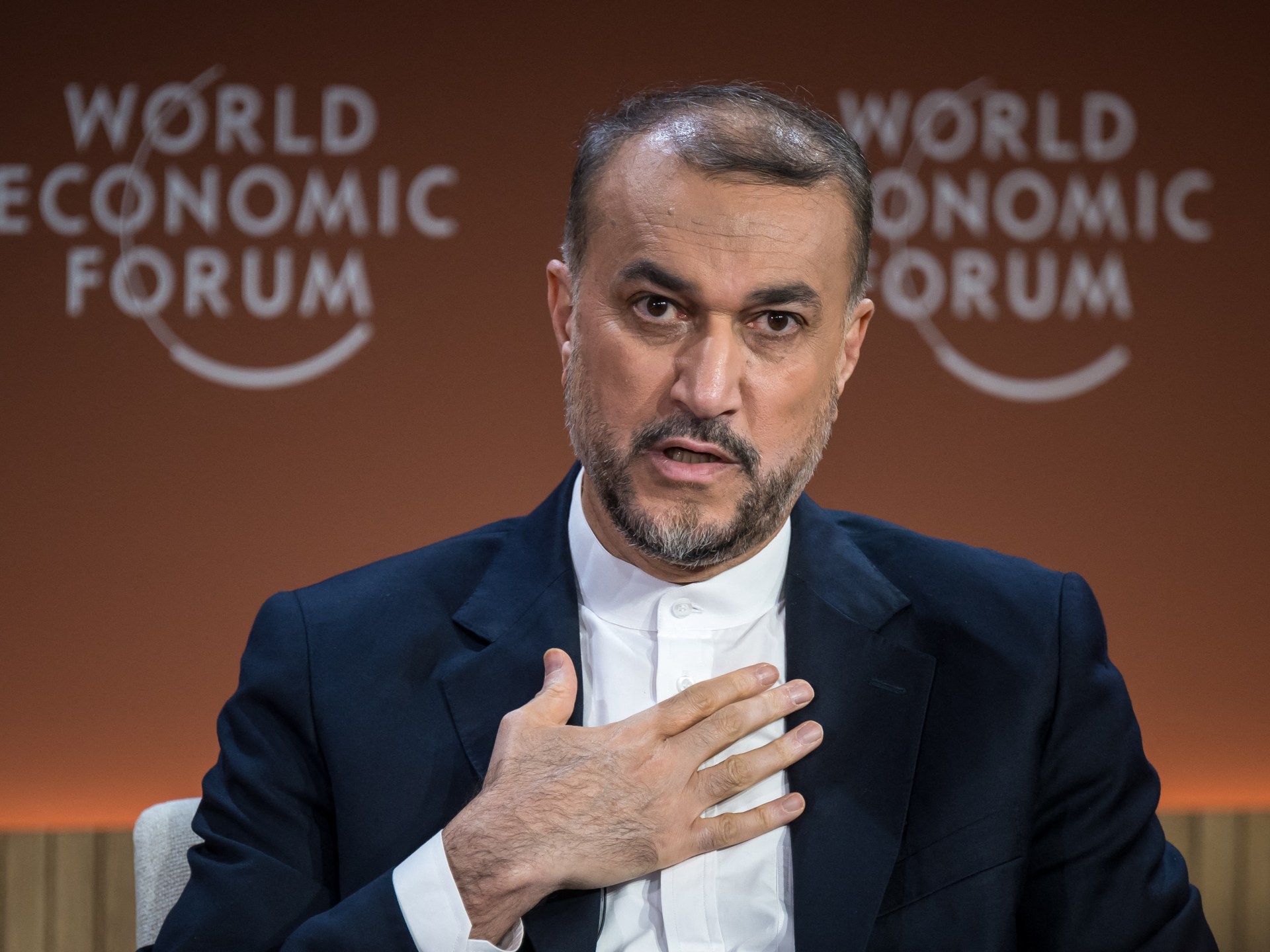TEHRAN: Iranian President Masoud Pezeshkian on Monday vowed to ensure that morality police no longer “hassle” women, speaking to media on the second anniversary of the death in custody of Mahsa Amini.
Amini, a 22-year-old Iranian Kurd, died in police custody on September 16, 2022, days after morality police arrested her in Tehran for allegedly violating the Islamic republic's strict dress code for women.
His death sparked months-long protests across the country in which hundreds of people, including dozens of security officers, were killed and thousands of protesters were arrested.
“The moral police should not be confronting women. I will monitor them so that they are not harassed,” Pezeshkian said during his first news conference since taking office in July.
Pezeshkian replaced Ebrahim Raisi, who died in a helicopter crash in May.
During her election campaign, she promised to “totally” oppose police patrols that enforce the mandatory wearing of the hijab, as well as to ease long-standing restrictions on internet use.
Iran has tightly controlled internet usage over the years, restricting popular social media platforms like Facebook and X.
Tighter restrictions were imposed following protests in 2019 against rising fuel prices and during the wave of demonstrations sparked by Amini's death.
On Monday, Pezeshkian said his government was working to ease online restrictions, especially on social media.
Relations with the West
At Monday's news conference, Pezeshkian briefly touched on other topics, including Iran's strained relations with the United States and the 2015 nuclear deal.
“We don't want to fight with the United States if it respects our rights,” he said.
“It is not us who are hostile (to the Americans). We have not built military bases around their country.”
Iran and the United States have not had diplomatic relations since 1980, a year after the Islamic Revolution that toppled Western-backed Shah Mohammed Reza.
A landmark 2015 deal between Tehran and world powers granted Iran sanctions relief in exchange for curbs on its nuclear program.
But the deal quickly collapsed and tensions flared again after the US unilaterally withdrew from the accord in 2018 and reimposed sanctions on Iran the following year.
Iran has since suspended its compliance with restrictions on nuclear activities.
“We are not seeking nuclear weapons; we have respected the framework of the nuclear deal,” Pezeshkian said.
“They (the United States) broke the agreement and forced us to do something,” he added.

